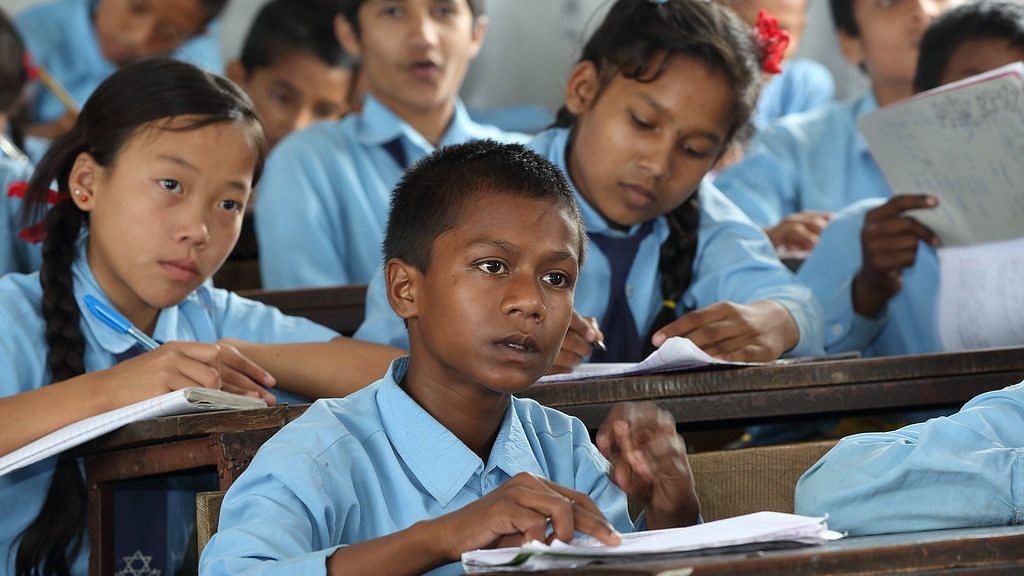New Delhi: Several private schools across Nepal have made it mandatory for students to learn the Mandarin language, raising concerns for the Modi government over the Himalayan country’s further shift towards China.
According to a report in a Nepalese daily Saturday, the assurance by China that it will pay for teachers’ salaries have encouraged many private schools to include Mandarin as a mandatory subject.
The Himalayan Times report said “at least 10 renowned private schools” confirmed that Mandarin was compulsory in their institutions.
It further quoted an educationist as saying, “Many more private schools in Pokhara, Dhulikhel and other parts of the country have also made Mandarin compulsory for students.”
However, these schools have overlooked the Nepalese provision that they can’t make any subject mandatory.
An official at the Curriculum Development Centre, a government body which designs school-level academic curriculum, told The Himalayan Times, “Schools are allowed to teach foreign languages, but they cannot make those subjects mandatory for students.”
Ganesh Prasad Bhattarai, information officer at the centre, said: “If a subject has to be made compulsory, it is us who take the decisions, not the schools.”
The report also highlighted that the Private and Boarding Schools’ Organisation Nepal, an umbrella body of private schools, is unaware of the addition of Mandarin as a compulsory subject in many schools.
“This is illegal,” the general secretary of the body told The Himalayan Times.
Nepal’s China tilt
The latest development comes in the wake of Nepal’s rapid tilt towards China, much to India’s concern, in the last five years.
The K.P. Sharma Oli government in Nepal has upset India to a large extent by agreeing to be part of the China-led multi-billion dollar mega infrastructure project, the Belt and Road Initiative (BRI).
As part of the BRI, China is building a ‘Trans-Himalayan Multi-Dimensional Connectivity Network’, connecting Kathmandu to Xigaze.
China and Nepal have agreed to “intensify implementation of the MoU on Cooperation under the BRI to enhance connectivity,” which includes ports, roads, railways, aviation and communications in the framework of the railway project.
During an interview to ThePrint last week, the newly-appointed Nepal Ambassador to India Nilamber Acharya said the Himalayan nation is expanding bilateral ties with all its neighbours and with China being its northern neighbour, it will continue to expand its relationship with Beijing.
However, Acharya said India continues to be the most important neighbour for Kathmandu, with which it shares an open border.
Also read: China’s BRI begins to faces resistance from Pakistan, Sri Lanka & Nepal
